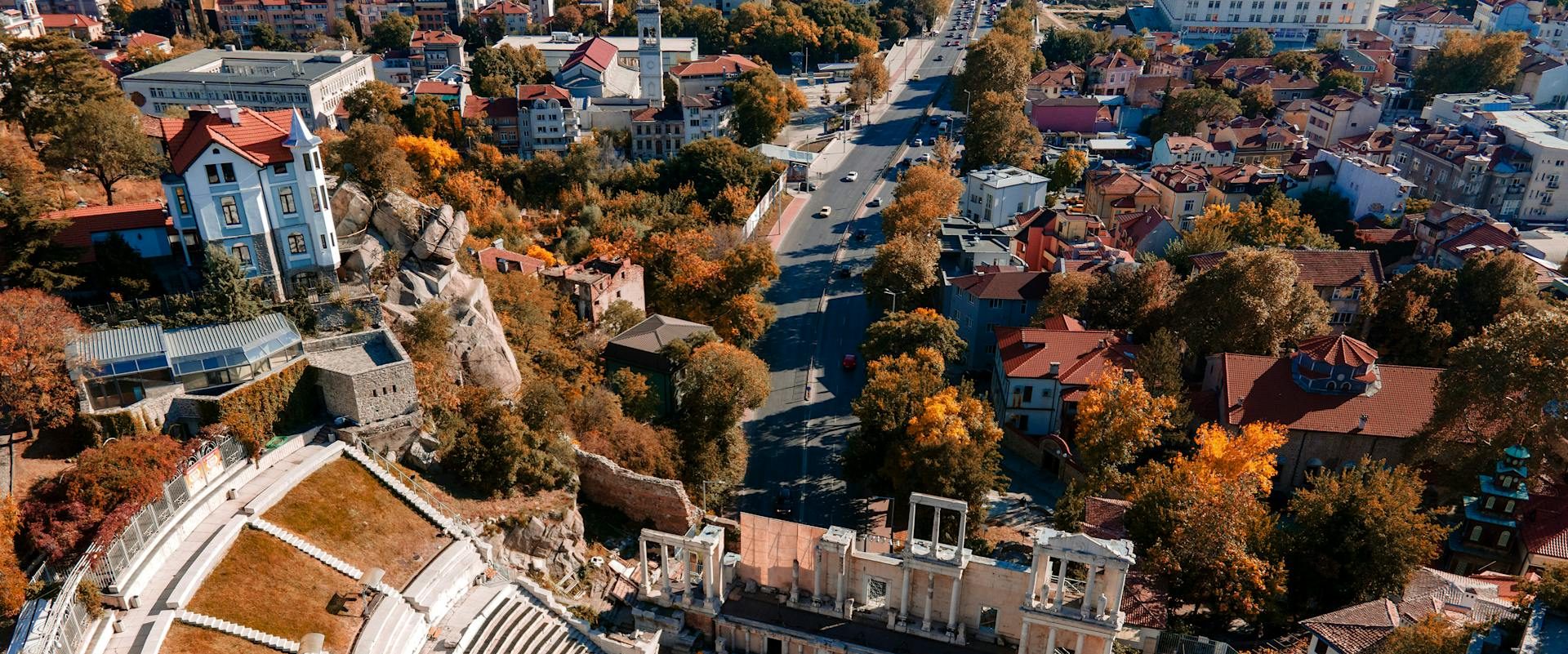
Bulgaria is in Southeast Europe, and its territory was marked by the presence of Thracians, Romans, Byzantines, Slavs and more to make its history. The diversity combined into what Bulgaria is today makes the country appealing to individuals lured by culture, art and scenic landscapes. For potential expats, deciding if it is the right place to relocate, affordability is a high pro here. This article provides essential information for those considering moving to Bulgaria, with tips on the visa process, the challenges of settling in, and advice on making the transition easier. It hinges on understanding aspects such as the cost of living, work opportunities, social atmosphere, and the pros and cons.
Read more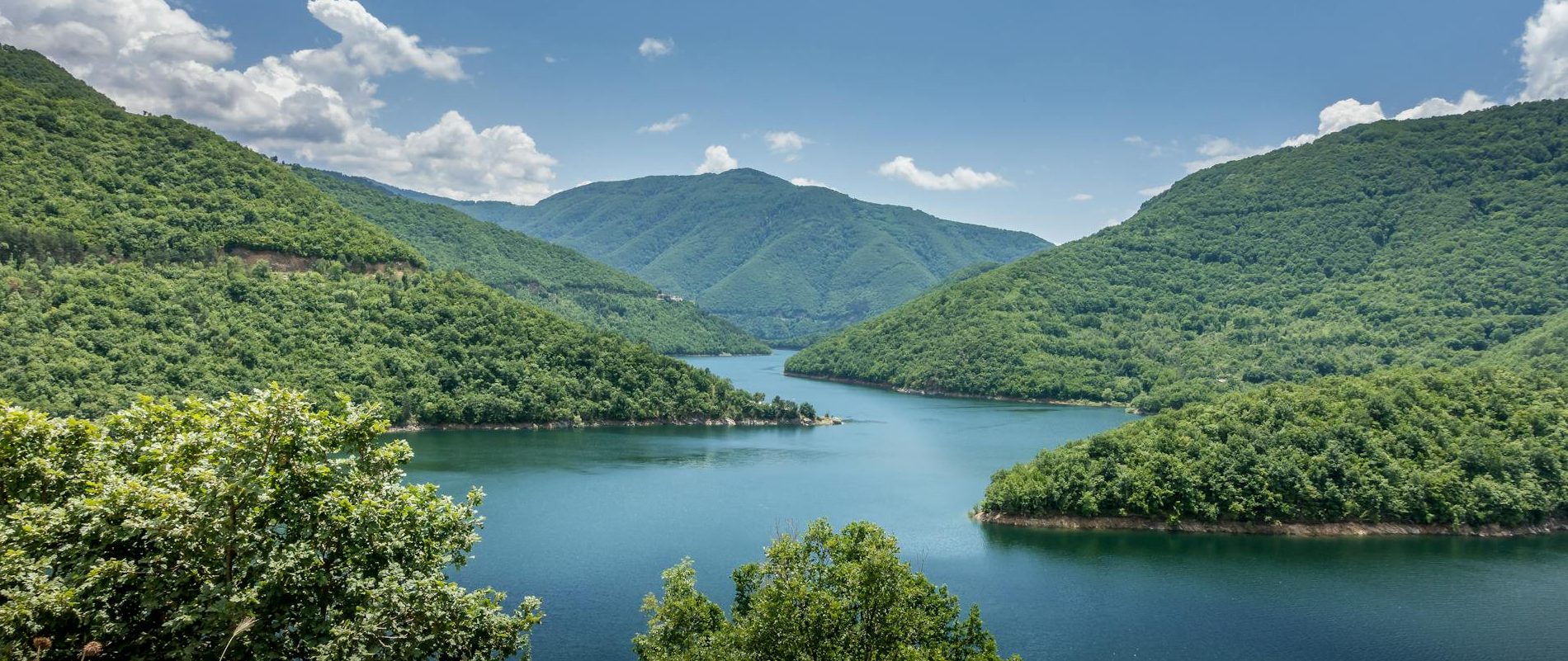
One of the oldest countries in Europe, nestled in the heart of the Balkans, Bulgaria is renowned for its rich history, vibrant culture, and stunning landscapes. From the serene beaches of the Black Sea coast to the majestic peaks of the Rila and Pirin mountains, Bulgaria offers a diverse range of environments that cater to all tastes. The nation’s cities, like Sofia and Plovdiv, blend ancient architecture with modern living, making it a fascinating destination.
Read more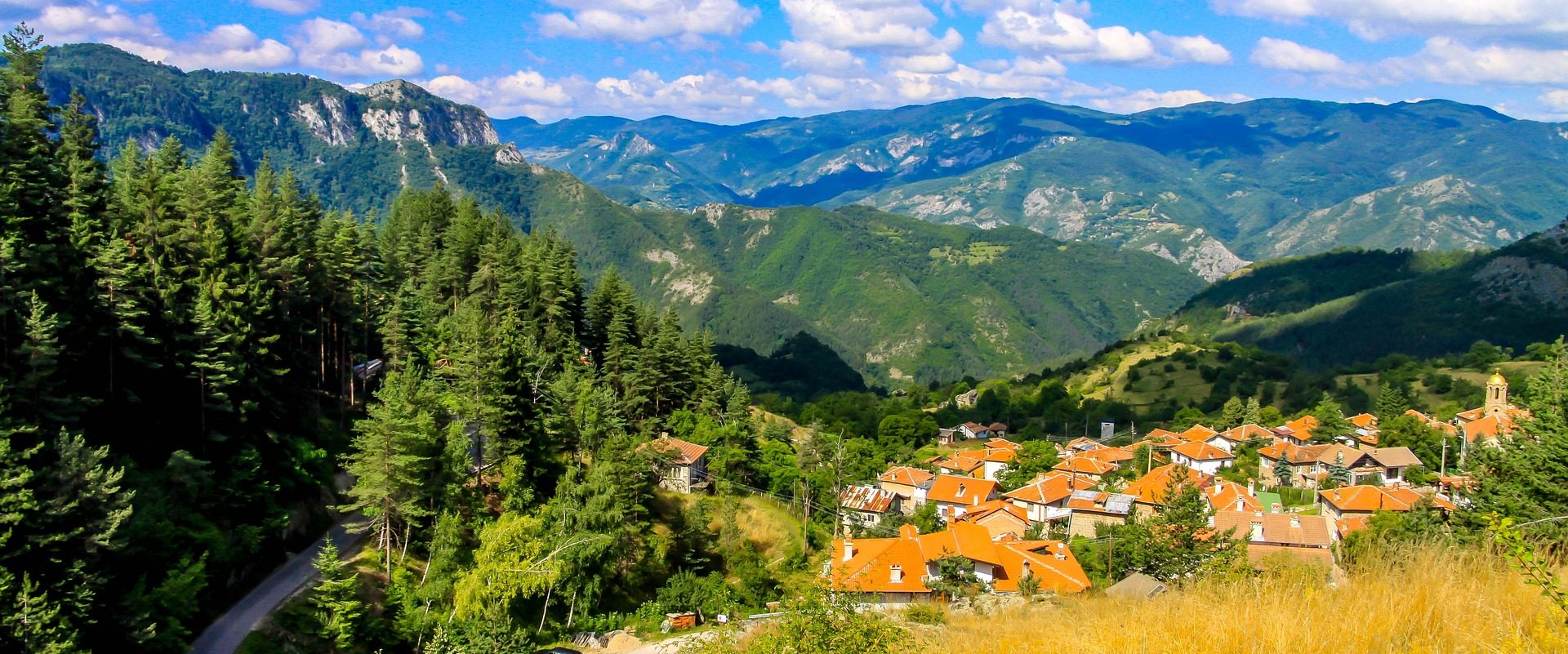
Bulgaria hints at a bit of magic, often given by its untouched landscapes and enchanting beaches. The 2504.75 kilometres that separate Brits from Bulgarians seem insignificant compared to the lure of its vibrant and affordable cities, pristine coastline and the chance to work in a culture that praises trust and respectful relationships in the working environment. In this article, we aim to approach a fair amount of each topic to show the pros and cons that could be decisive when debating whether you should move to Bulgaria.
Read more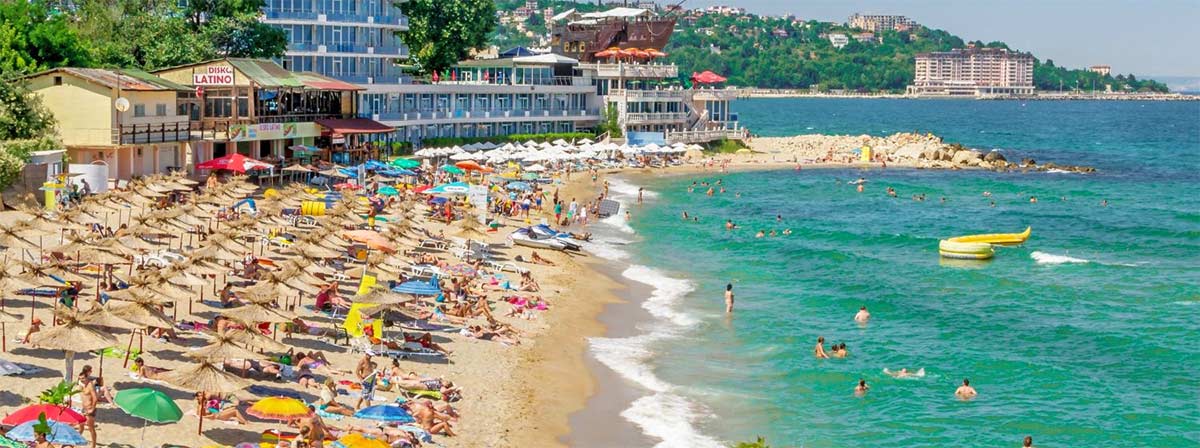
If you really want to dive into the social life in Bulgaria you would do well to familiarise yourself with the national language, which is Bulgarian. They use the Cyrillic alphabet (practically the same as in Russia or Macedonia). Although English and French are widely spoken in towns and tourist areas, this may not be the case in country districts. The great thing is that the children seem able to absorb languages easily, and unless your Bulgarian is very good they will soon be translating for you.
Read more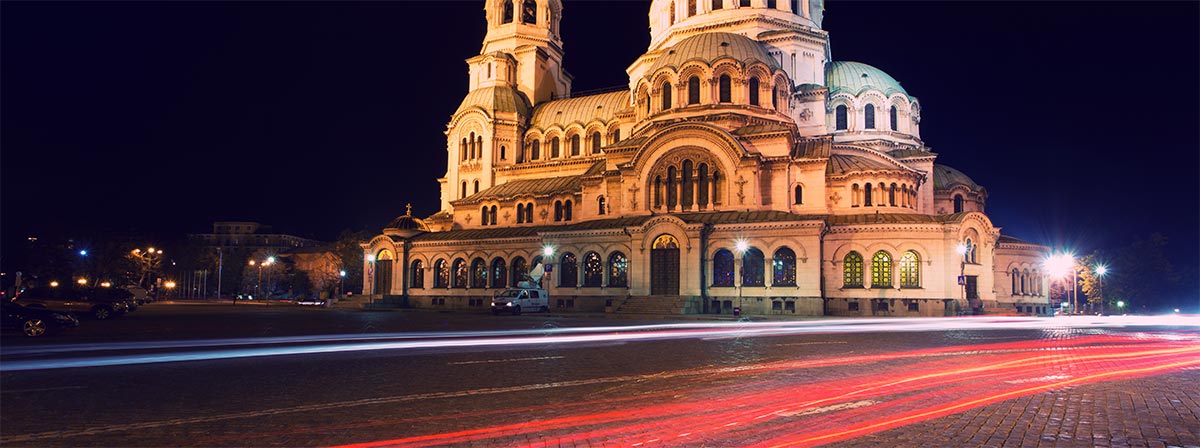
There are several alternative options to driving in Bulgaria available: domestic flights, trains, buses and trams – and fares are very reasonable. In Sofia, there is an excellent underground system. For trains there are discount cards for students, families, and the elderly. And children under the age of seven travel free unless they occupy a seat. For the website for Bulgarian trains click here.
Read more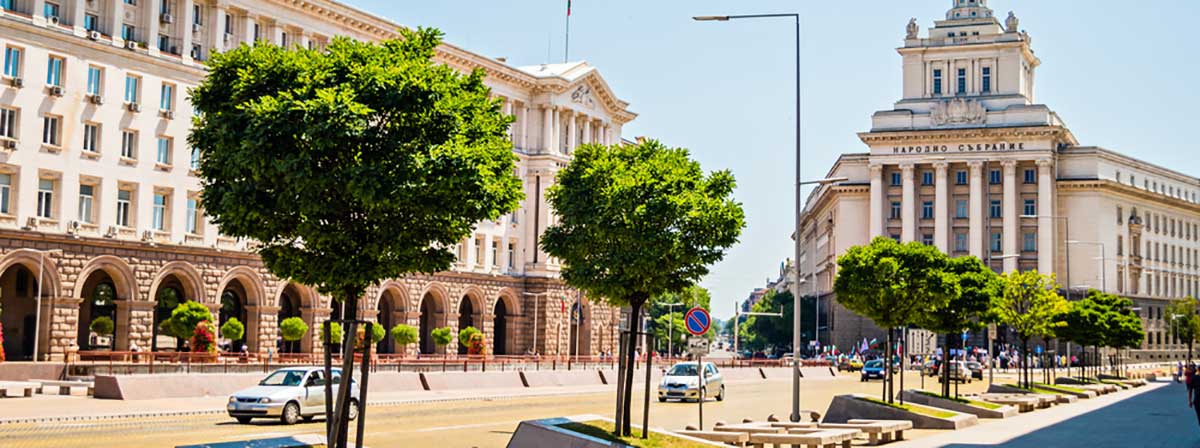
Surprisingly low property prices and equally low wages are two prominent pros and cons when you consider living in Bulgaria. Let’s go trough both of those subjects.
Read more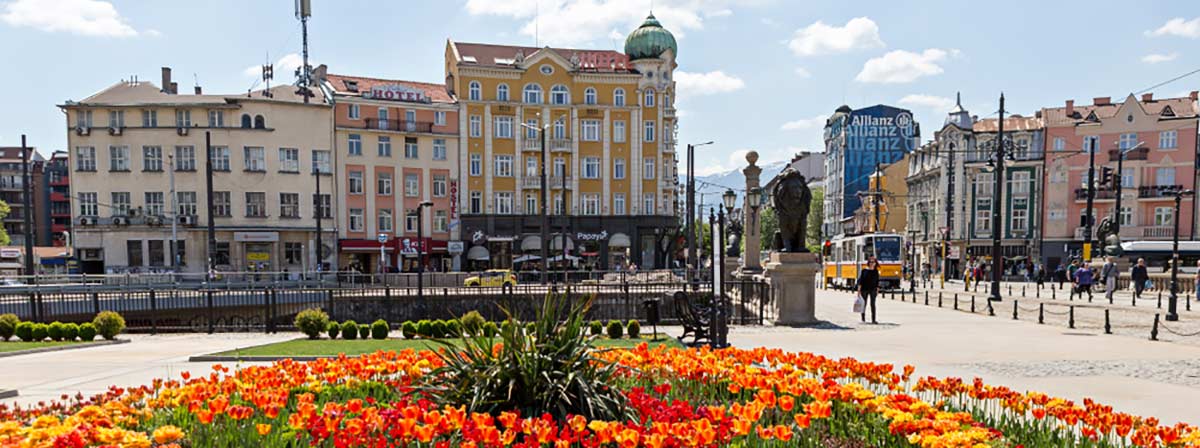
If you are a pensioner, you need to inform the IPC (International Pension Centre) to prevent problems with your pension payments (tel. 0191 218 7777). Bulgaria has double taxation agreements with the UK so you will not be taxed twice – provided you ensure that the tax offices are aware of your circumstances. You can arrange to have your pension paid directly into your Bulgarian bank account – and still benefit from the increases as if you still lived in Britain. Contact HMRC and your pension providers well before you leave the UK. This may also account for the expenses related with health care in Bulgaria. If you’ve only worked, lived or are working abroad then you must claim the State Pension through the relevant authority of the country where you currently live and have worked in.
Read more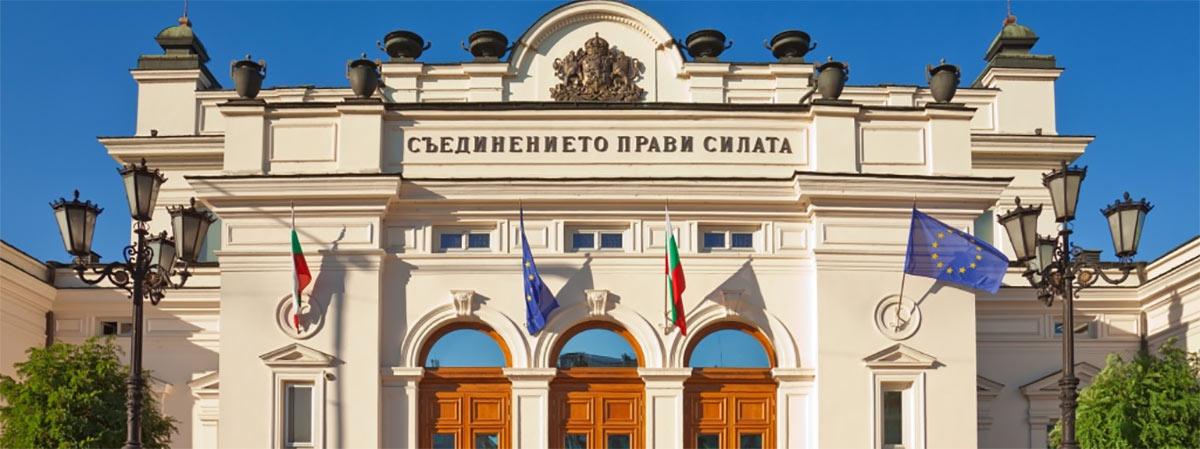
An ancient country, with old traditions and customs, thrust into the communist regime and now finding its way slowly in the capitalist market. With a beautiful country, a fascinating history and a generous people, they are still finding the idea of value for money a difficult concept to grasp. Bulgaria – in the heart of the Balkans, joined the EU in 2007, but is not yet a member of the Schengen area – so they have their own customs checks. The currency is the lev – at the time of writing 10 lev = £4.36. Sofia is the capital city, and the country has low-lying land to the north and rugged mountains in the south. Tourists visit the skiing areas, but even more the Black Sea resorts in the East. Religion plays an important part of life for many Bulgarians – about 85% are Orthodox Christians, and 13% are Muslims.
Read more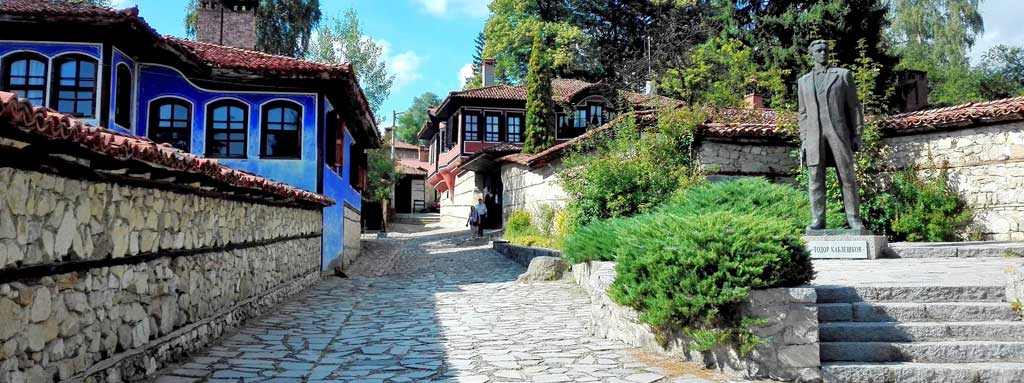
Bulgaria is a small and versatile country, located in Southeast Europe, which is surrounded by Greece, Turkey, Romania, Serbia, North Macedonia and the Black Sea. A land rich in history, culture and biodiversity, it is a member state of the European Union, NATO and the Council of Europe. This is the country you’ll find yourself in after moving to Bulgaria – a thrilling and enticing mixture of pluses and minuses… Welcome!
Read more